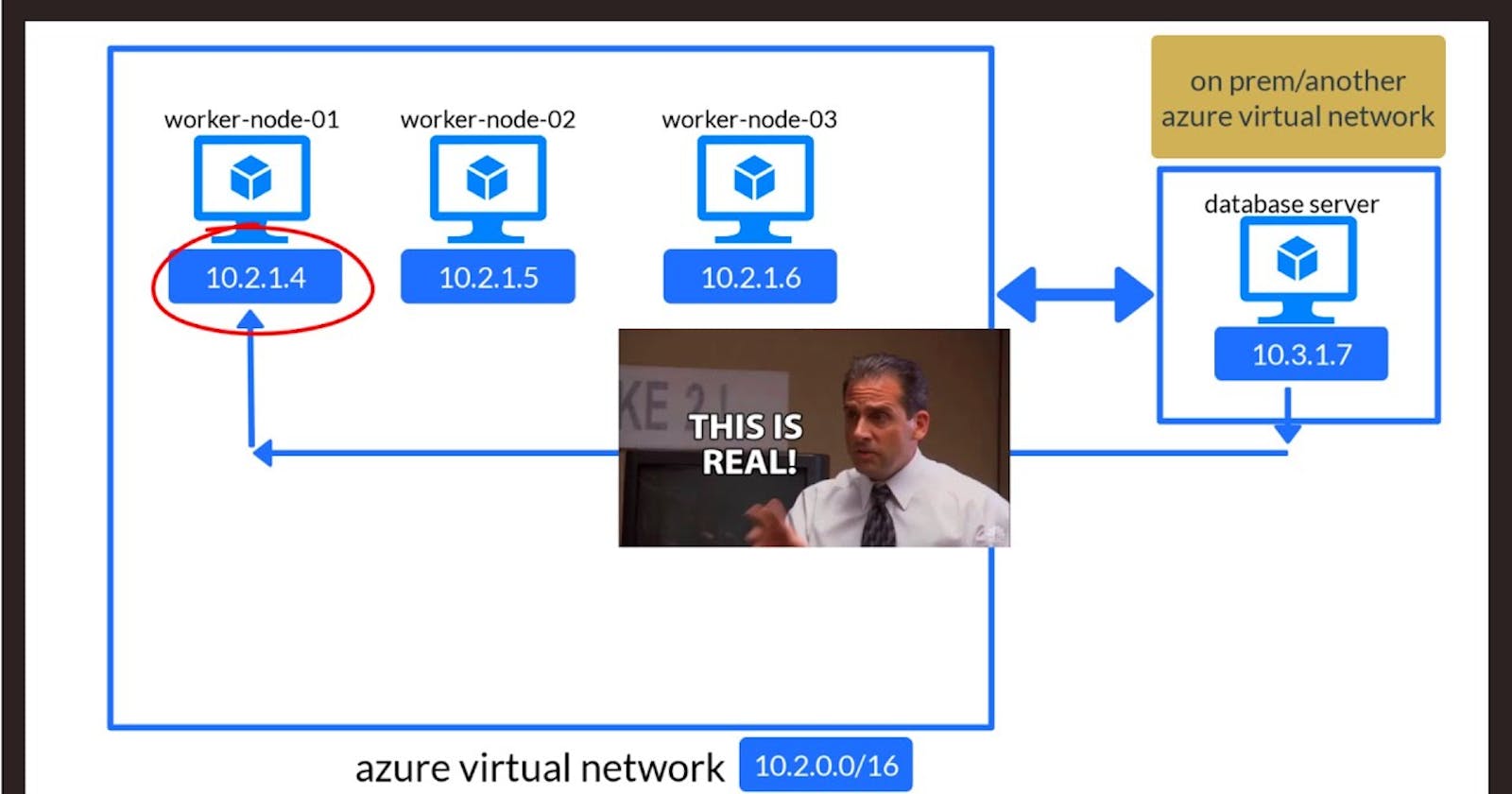Azure Kubernetes Service (AKS) is a managed Kubernetes service that allows you to deploy and manage containerized applications in the cloud. One of the key features of AKS is its networking capabilities, which enable you to create a secure and stable environment for your applications.
In this blog post, we will discuss the networking features of AKS and how they can help you deploy and manage your applications.
Kubernetes provides a number of networking features that allow you to create and manage a network for your applications. One of the most important features is the Kubernetes pod network, which is used to connect pods within the same cluster. The pod network is created automatically when you create an AKS cluster, and it uses the Azure CNI (Container Network Interface) to provide pod-to-pod connectivity.
Another important feature of AKS networking is the service network, which allows you to expose your applications to the outside world. A service in Kubernetes is a way to expose a set of pods to the network, and it can be used to create load balancers, external IPs, and DNS names for your applications. AKS supports both internal and external load balancers, which allow you to expose your applications to the internet or to a specific set of IP addresses.
One of the key advantages of AKS networking is its security features. AKS uses Azure Network Security Groups (NSGs) to control network traffic to and from your cluster. This allows you to create a secure environment for your applications by limiting access to specific ports and IP addresses. Additionally, AKS supports Azure Virtual Network (VNET) integration, which allows you to create a secure, private network for your applications.
Another important feature of AKS networking is its scalability. AKS supports automatic scaling of pods and services, which allows you to automatically increase or decrease the number of pods based on the load on your applications. This makes it easy to handle sudden spikes in traffic or to scale down when traffic decreases.
In conclusion, AKS provides a number of advanced networking features that make it easy to deploy and manage containerized applications in the cloud. These features include pod networks, service networks, security features, and scalability, which all work together to create a secure and stable environment for your applications. Whether you are just starting out with AKS or are an experienced user, these features can help you create and manage a reliable network for your applications.
